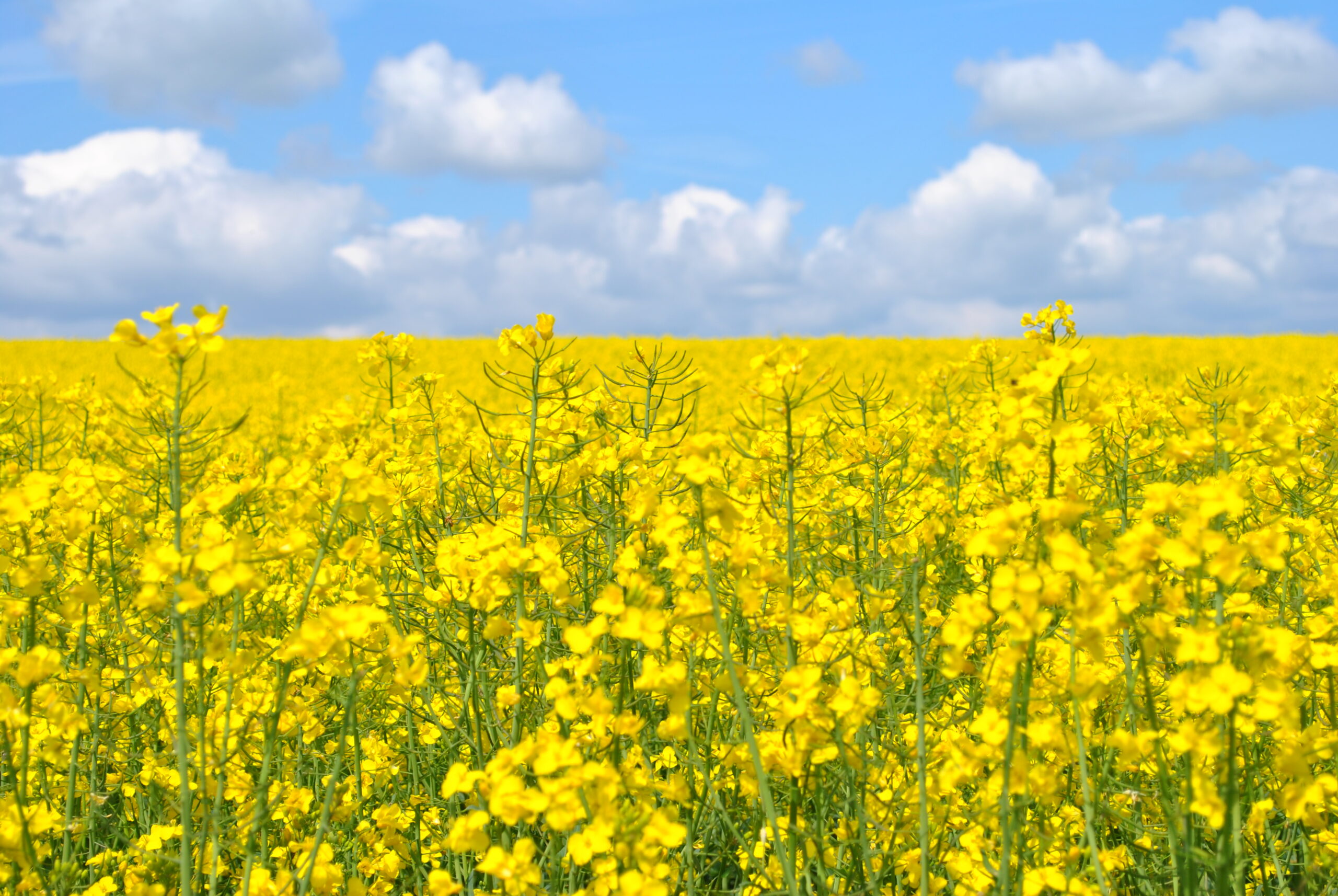Canadian canola prices follow European plunge

Plunging European rapeseed prices have dragged down Canada’s canola values, according to analysts.
“It has had a negative influence on us, for sure,” said MarketsFarm analyst Mike Jubinville.
The premium for November Canadian canola futures over November European rapeseed futures peaked at $92 per tonne on May 17.
It has since contracted to $33 per tonne as of June 7. That is still high. Canola needs to trade at a $30 to $50 per tonne discount to move into the European Union, he said.
Canada used to be the price trendsetter in international canola/rapeseed markets, but recently the EU has taken that mantle.
It tends to establish the benchmark price in markets such as Bangladesh, the United Arab Emirates and Pakistan.
“If we’re at a premium relative to Europe, we’re not getting that business either,” said Jubinville.
European rapeseed prices have been dragged down by lacklustre rapeseed oil prices.
Rapeseed oil has become the cheapest of all the vegetable oils in the EU.
“I have never seen that before,” said Jubinville.
“That is very unusual, and certainly it has had an impact on European rapeseed prices.”
November rapeseed futures prices lost 31 percent of their value between the start of the year and the end of May. They have since rebounded a little.
Analysts initially believed it was due to forecasts calling for a big crop. The European Commission expects 20.22 million tonnes of production in 2023-24, up from the five-year average of 17.26 million tonnes.
There is also a big carryover from the 2022-23 crop, so supplies will be ample.
However, recently another significant market factor has come to light.
FEDIOL, a European vegetable oil and protein meal lobby group, issued a news release in late May saying rapeseed markets are under “abnormal pressure” from imported waste biodiesel.
It said “massive increases” of imported biodiesel made from products such as used cooking oil and animal fats are displacing European rapeseed-based biodiesel, and that is having “devastating consequences” for European farmers.
It blames the imported waste biodiesel for the freefall in Europe’s rapeseed oil and rapeseed prices.
“These trends cannot be explained by other market developments and are a signal that there is abnormal market behaviour,” said FEDIOL.
“The magnitude of biodiesel imports’ growth is such that it raises questions as to the authenticity of their classification as originating from waste streams. There is urgent need to investigate the legitimacy of these imports.”
The European Waste-based Advanced Biofuels Association (EWABA) is also calling for an investigation.
It sent an open letter to European policymakers highlighting the “enormous spike” of “potentially fraudulent” Chinese biodiesel exports.
“The situation is so dire that currently no less than 11 plants from our members’ network have stopped production, while 10 additional plants are operating considerably below their normal production and considering halting in the short-term,” stated the letter.
That represents nearly half of the association’s members.
Reuters reports that EWABA is concerned that palm oil-based biodiesel may be entering the EU labelled as waste-based biodiesel in order to collect sustainability incentives.
EWABA stated in its letter that urgent action is required by the European Commission and its member states.
“We will soon be on a path which will irremediably spiral into the complete collapse of the EU industry,” it said.
Ken Ball, canola analyst with PI Financial, said that would certainly explain why EU rapeseed prices have been so depressed.
Rapeseed oil is the dominant feedstock for the EU’s renewable diesel and biodiesel production, accounting for about 40 percent of total feedstock use.
Ball said all grain and oilseed prices have been tumbling over the past three or four months, so rapeseed’s decline is not totally due to imported waste biodiesel.
However, he did acknowledge that EU rapeseed and rapeseed oil have tumbled more than other commodities, and that is having an impact on Canadian canola values.
“They definitely do influence each other, but it’s not always easy to tell which one is leading the other,” he said.
He believes in this case EU rapeseed is weighing down canola and soybean oil prices.
Jubinville also wonders if the influx of Ukrainian canola in 2022-23 dragged down EU rapeseed prices. The EU has accounted for 90 percent of the country’s export program.
APK-Inform reports that Ukraine is anticipating another big canola crop of 3.6 million tonnes in 2023-24.
It believes exports will amount to 3.4 million tonnes, a 26 percent increase over the current campaign, but that could prove to be an optimistic forecast.
The EC recently extended a ban on Ukrainian imports of wheat, corn, canola and sunflower seeds to Bulgaria, Hungary, Poland, Romania and Slovakia.
Those five countries accounted for 55 percent of Ukraine’s exports in 2022-23.
The ban that was set to expire June 5 was extended until Sept. 15, so that will restrict flows of those commodities into the EU.
“In addition, expectations of an increase in rapeseed production in the EU as well as falling rapeseed oil prices, and the crisis in the biofuel sector, also do not add optimism to the Ukrainian market,” said APK-Inform.
Read also
Wheat in Southern Brazil Impacted by Dry Weather and Frosts
Oilseed Industry. Leaders and Strategies in the Times of a Great Change
Black Sea & Danube Region: Oilseed and Vegoil Markets Within Ongoing Transfor...
Serbia. The drought will cause extremely high losses for farmers this year
2023/24 Safrinha Corn in Brazil 91% Harvested
Write to us
Our manager will contact you soon



